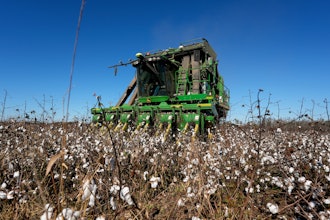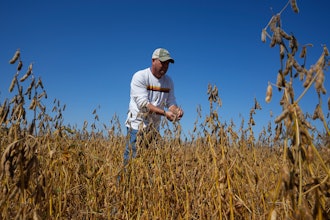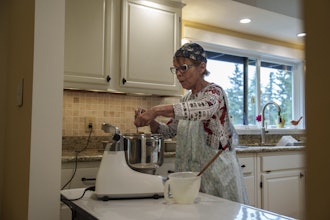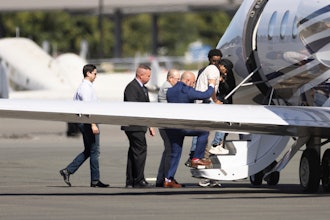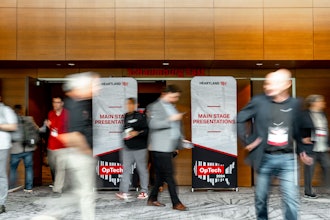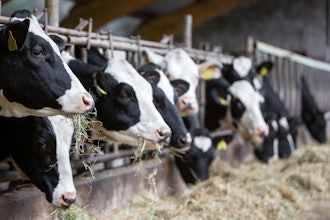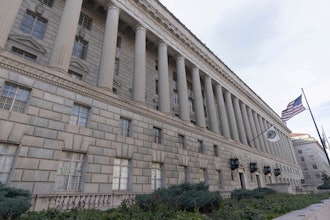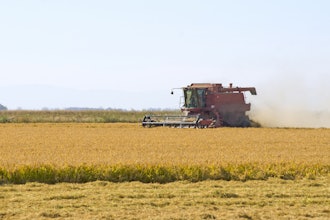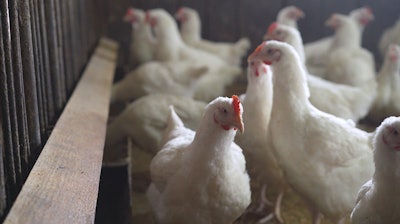
SEATTLE — Attorney General Bob Ferguson announced today he has filed a lawsuit against 19 chicken producers accusing them of a wide-ranging illegal conspiracy to inflate and manipulate prices, rig contract bids and coordinate industry supply reductions to maximize profits. Ferguson’s lawsuit also names an industry data reporting service accused of assisting in the conspiracy.
The 19 companies named in Ferguson’s lawsuit account for approximately 95 percent of the “broiler” chickens sold in the United States — a term for virtually all chicken produced for meat. Broiler chickens are used for everything from chicken breasts people purchase at the grocery store, to chicken nuggets and chicken sandwiches they buy at fast food restaurants.
An estimated 90 percent of Washington consumers — about 7 million Washingtonians — buy products derived from the chickens these companies produce. In addition, Washington businesses, colleges, hospitals and nursing homes were impacted by the companies’ illegal conduct.
“If you’ve eaten chicken in the last decade, this conspiracy touched your wallet,” Ferguson said. “This conspiracy cost middle-class and low-income Washington families more money to put food on their table. I will hold these companies accountable for the profits they illegally made off the backs of hardworking Washington families.”
According to the U.S. Department of Agriculture, broiler chickens produced in the United States had a wholesale value of between $21 billion and $33 billion annually between 2008 to 2018.
Ferguson’s lawsuit, filed in King County Superior Court, accuses the companies of illegally engaging in a host of anticompetitive conduct to coordinate supply and manipulate pricing since at least 2008. Ferguson asserts their conduct violates the Washington Consumer Protection Act and Washington antitrust laws.
In addition to stopping the companies’ conduct, Ferguson is seeking restitution for Washington consumers and businesses and civil penalties. Ferguson asserts that Washington consumers and businesses overpaid millions of dollars for chicken due to the companies’ conduct. The companies also face millions in civil penalties over their violations.
Though there are several class action lawsuits nationwide related to the industry that have settled, Washington consumers and institutional purchasers like schools and hospitals are not included in these settlements and were ineligible to receive funds from them.
Companies produce 95 percent of broiler chickens
The companies named in Ferguson’s lawsuit account for about 95 percent of the overall broiler chicken market.
The companies named in the lawsuit are:
- Tyson Foods Inc.
- Pilgrim’s Pride Corp.
- Sanderson Farms Inc.
- Perdue Farms Inc.
- Koch Foods Inc.
- Foster Farms LLC
- Mountaire Farms Inc.
- Wayne Farms LLC
- Amick Farms LLC
- George’s Inc.
- Peco Foods Inc.
- House of Raeford Inc.
- Fieldale Farms Corp.
- Case Foods Inc.
- Mar-Jac Poultry
- Claxton Poultry Farms
- Simmons Foods Inc.
- O.K. Foods Inc.
- Harrison Poultry Inc.
Agri Stats, a company that collects industry data and publishes detailed weekly and monthly reports for the producers, is also included in the lawsuit. Ferguson asserts the company, while purporting to provide data anonymously, knowingly presented the companies’ data in a way that made them easy to identify, facilitating an illegal exchange of sensitive business information. The producers utilized Agri Stats to share information about their pricing, future production, profitability and costs — the type of information that competitors do not normally exchange in a competitive market.
Companies coordinated significant supply reductions
Ferguson asserts that the companies coordinated to reduce production during 2008-2009 and 2011-2012, resulting in significant production cuts and higher prices. The Attorney General’s Office investigation uncovered a coordinated, industry-wide effort to cut production through the exchange of competitively sensitive information, signals during investor calls and direct coordination between players in the industry.
Ferguson asserts that in early 2008, through press releases and earnings and investor calls, at investment bank conferences, at events hosted by Agri Stats and at trade association meetings attended by many of their senior executives, the companies coordinated to exercise what they termed as “discipline” to reduce supply and increase prices.
As a result, chicken prices rose through mid- to late-2008 and remained near all-time highs in 2009, despite the country at large falling into a deep recession.
As the price rose, production increases followed in 2010, which in turn began to depress prices again. This prompted the companies to coordinate a second round of production cuts in 2011, Ferguson asserts, which led chicken prices to recover. In addition, the companies also culled their breeder flocks, which, coupled with lower supply, increased chicken prices — and the companies’ profits — for the coming years.
As the Reuters news service reported on July 8, 2014, “High chicken prices due to the production constraints helped push up the stock prices of Tyson and Sanderson this year, by about 17 percent and 38 percent, respectively. Both Tyson and Sanderson reported net income more than doubled in their fiscal second quarters.”
Conspirators coordinated bids to produce a “rising tide”
More than a dozen executives and managers from several companies face federal criminal charges for engaging in a bid-rigging scheme to coordinate price increases for major purchasers, including KFC, Popeyes and Chick-Fil-A. They include former CEOs of Pilgrim’s Pride and the president of Claxton Poultry Farms, and sales executives and managers from the two companies, as well as Tyson Foods, George’s Inc., Koch Foods and Case Foods. Employees from Perdue Farms, and Mar-Jac Poultry have been identified as unindicted co-conspirators. The trial for the first group of federal defendants is currently set to begin later this month.
Ferguson’s lawsuit also asserts the companies engaged in this illegal bid-rigging scheme from 2011-2019 in violation of Washington law.
Email exchanges, text messages and call logs included in the federal criminal indictments detail their illegal conduct. One such exchange — where an executive literally says the communication between companies is “not exactly a legal conversation” — serves as a prime example of this illegal coordination.
“I received a call today from a friendly competitor telling me it’s all over the market that Pilgrim’s is taking contract pricing up,” one Pilgrim’s employee wrote in the exchange. “They thanked us for taking the lead and told me that contrary to what we might hear regarding their company, they are following as are others. Courage … keep it up guys.”
“Nice, rising tide and all that good stuff,” another employee responded. The original employee went on to name the “friendly competitor” — George’s — and detail the outcome of a “big meeting” among the competitor’s executives, stating that, “They don't want to lose any opportunity to move their pricing up.”
A Pilgrim’s executive later forwarded the email exchange to one of his managers, adding, “FYI. Do not fwd. not exactly a legal conversation.”
Ferguson’s lawsuit seeks millions of dollars in restitution for Washingtonians and civil penalties
Ferguson’s lawsuit asserts that the companies’ conduct violates Washington’s antitrust laws and the Washington Consumer Protection Act. The lawsuit seeks to stop their illegal conduct and bar them from illegally coordinating in the future.
Ferguson is seeking restitution for Washington consumers and businesses harmed by the companies’ unlawful conduct, in addition to civil penalties.
The Attorney General’s investigation into anticompetitive conduct by other corporate entities and individuals continues.
Assistant attorneys general Travis Kennedy, Christina Black and Linh Tran, economic analyst Ryne Rohla, paralegal Tracy Jacoby and legal assistant Grace Summers from the Attorney General’s Antitrust Division are handling the case for Washington.
The Office of the Attorney General’s Antitrust Division is responsible for enforcing the antitrust provisions of Washington's Consumer Protection Act and federal antitrust laws. The division investigates and litigates complaints of anticompetitive conduct and reviews potentially anticompetitive mergers. The division also brings actions in state and federal courts to enforce antitrust laws. It receives no general fund support, funding its own actions through recoveries made in other cases.
For information about filing a complaint about potential anticompetitive activity, visit https://fortress.wa.gov/atg/formhandler/ago/AntitrustComplaint.aspx.
AG request legislation raises CPA, antitrust penalties
As part of Ferguson’s Consumer Protection Improvement Act, which passed the Legislature earlier this year, penalties for violating Washington’s antitrust laws increased for the first time in nearly 30 years. Ferguson’s legislation nearly doubled the penalties for corporate violators from $500,000 to a maximum of $900,000. The penalties had not increased since they were originally adopted in 1983.
The legislation also increased the maximum civil penalties for Consumer Protection Act violations from $2,000 to $7,500, the first increase in half a century.









